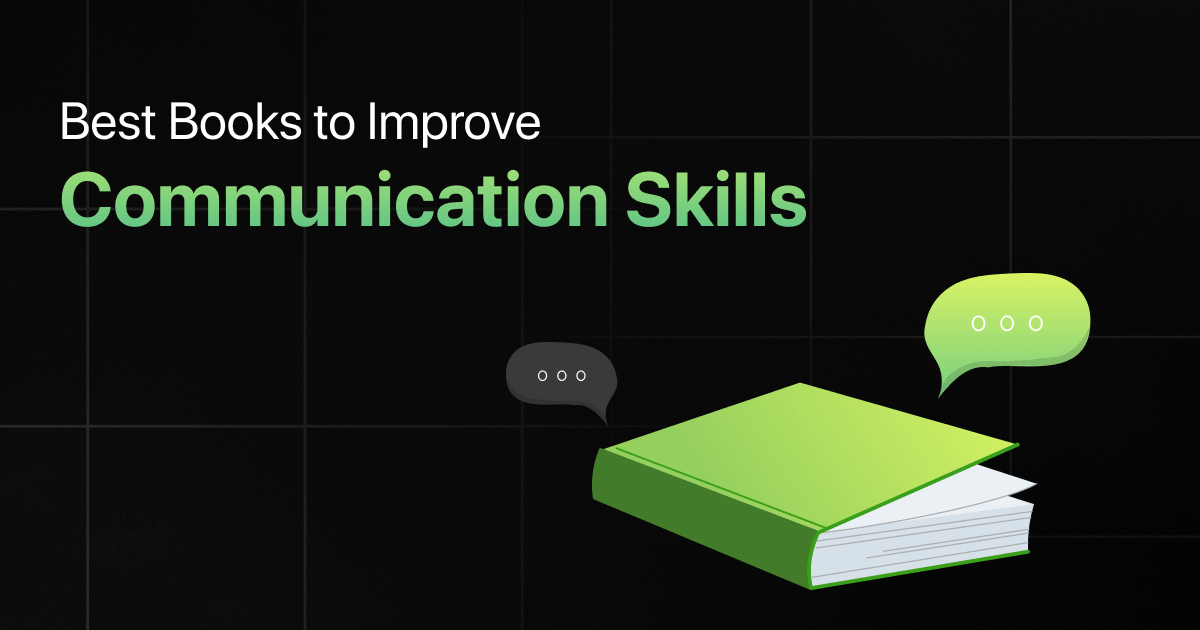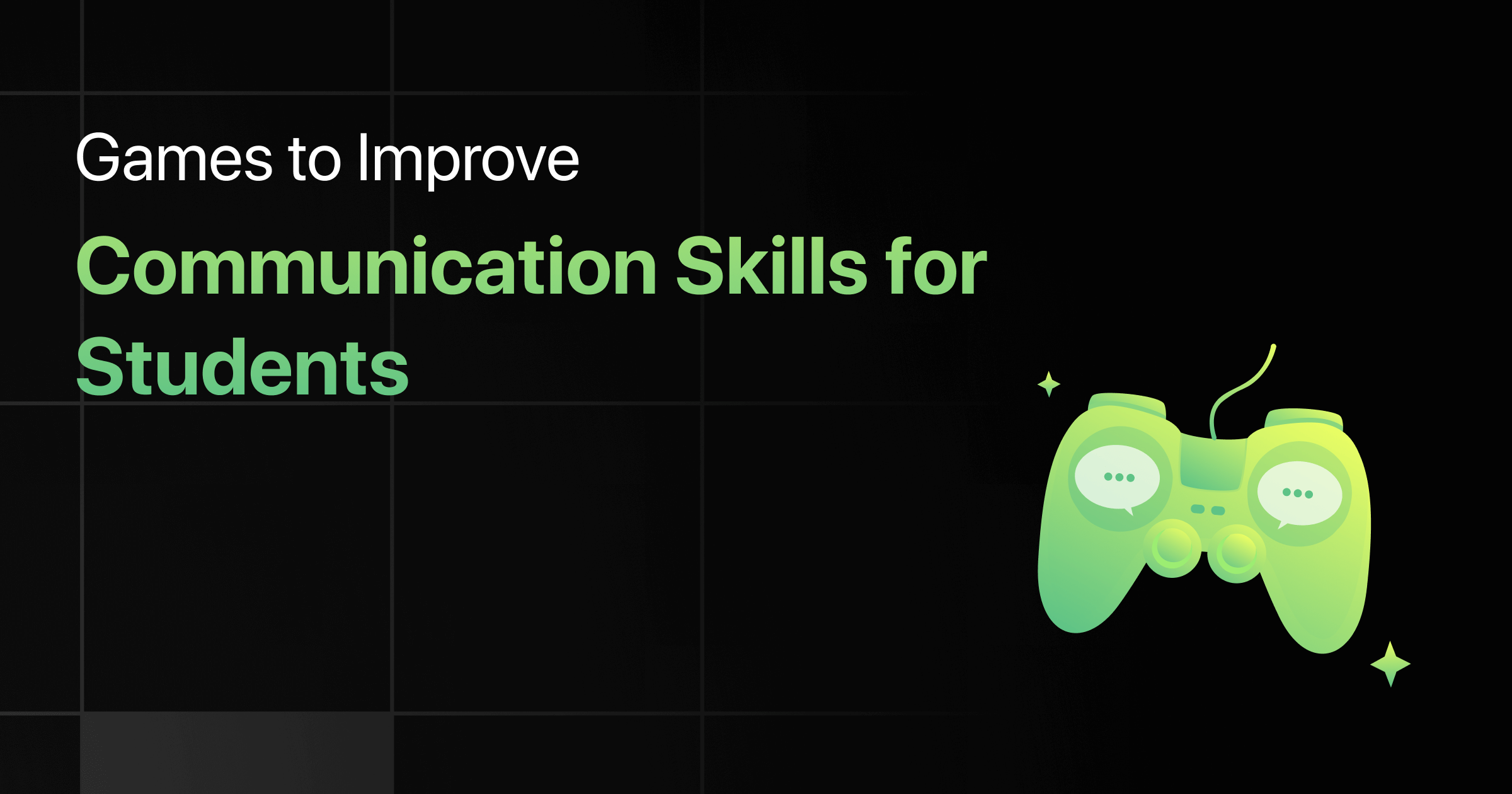How to Improve Communication Skills for College Students
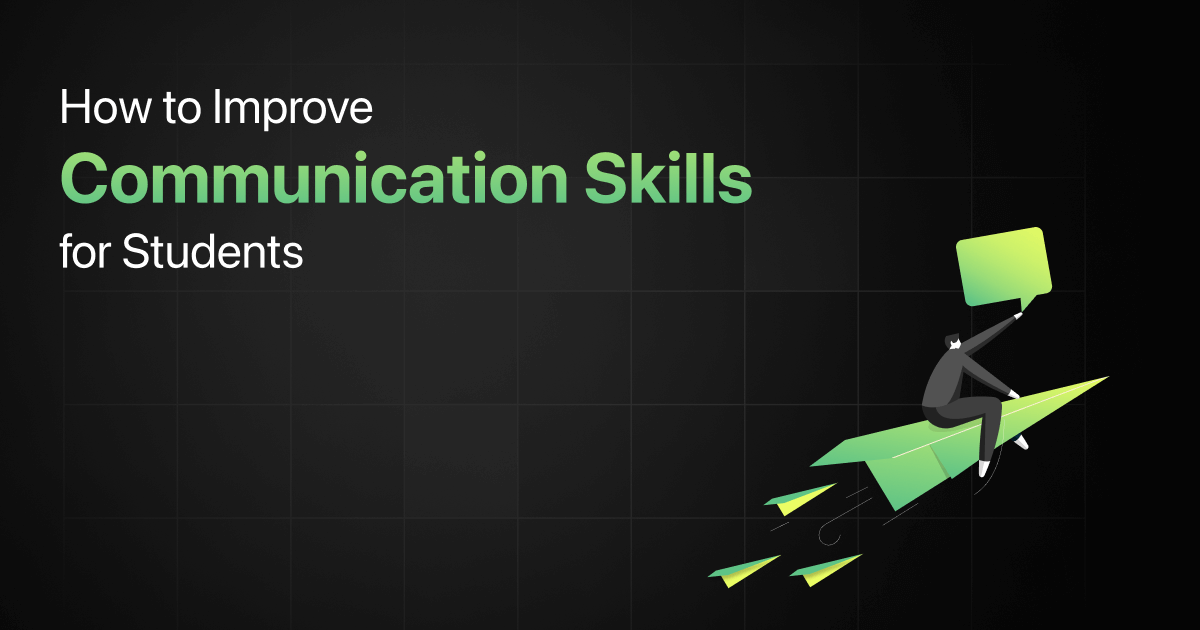
Have you ever struggled to express your ideas and thoughts in front of a group of people? Well, you are not alone! Many students find it challenging to communicate effectively, but the good news is that communication skills can be improved with practice and effort.
Students need to pay extra attention to improving their communication skills because today, it’s what attracts most employers and one of the first things that sets you apart in a placement round!
Thus, the importance of effective communication skills to succeed academically and professionally for students should be held in the highest regard.
In this blog, we will explore some effective strategies and techniques to improve communication skills for students. So, let’s dive in and discover how to improve communication skills for students!
How to Improve Communication Skills for College Students
The following are the best ways to improve communication skills for students:
1. Practice Active Listening
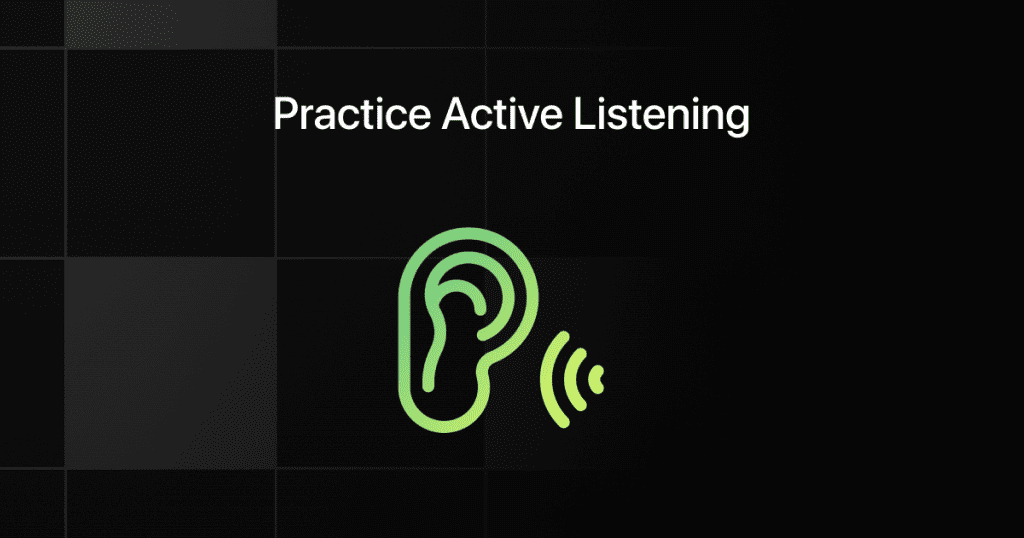


Effective communication heavily depends on active listening. It is the ability to pay attention and thoroughly understand what is being said. Being in the present, keeping distractions out of your mind, and paying attention to what the speaker is saying are all necessary for active listening.
Start by focusing on the speaker’s words, tone, and body language to develop active listening. Wait till the speaker is finished speaking before responding to them. In order to clear up any misunderstandings and show that you are actively participating in the conversation, you should also ask open-ended questions.
Imagine you’re in a group conversation and someone is giving their point of view. Make eye contact, nod your head, and provide verbal cues such as “I see” or “Go on” to indicate that you are listening. Ask questions that urge them to elaborate on their arguments once they have finished speaking. For example, you can say “Can you give me an example of what you mean?” or “How do you think we can apply this idea in practice?”
Active listening improves not just your communication abilities but also your connections with your friends and colleagues. Individuals are more likely to be open to your ideas and work with you if they feel heard and understood.
2. Use Visual Aids to Enhance Your Presentations
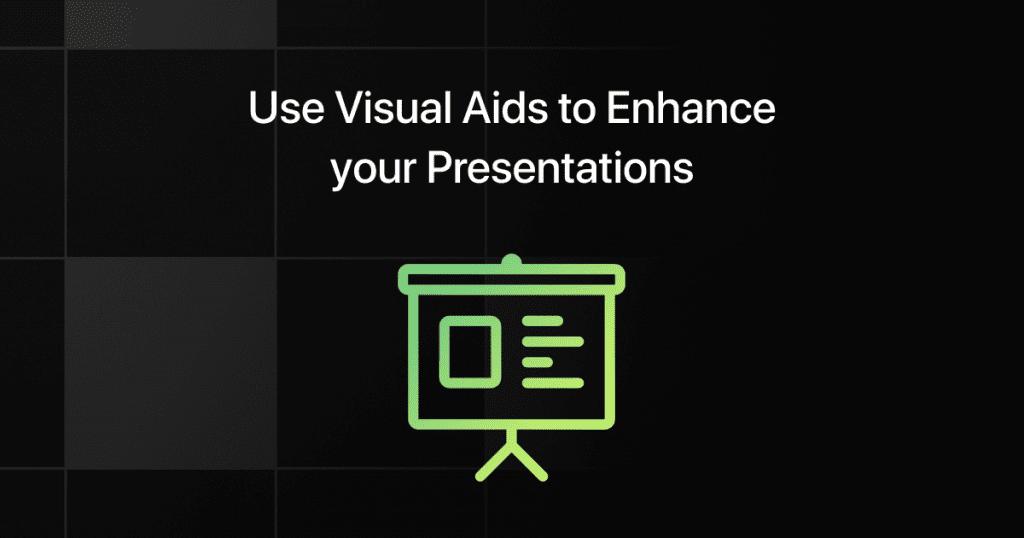


Giving presentations is an excellent way for students to improve their communication skills. It helps individuals gain confidence, improve their speaking abilities, and successfully communicate their message. Students must be well-prepared and focused in order to provide an effective presentation.
To begin, students should conduct detailed research on their topic and gather important information. They can build an outline for their presentation after collecting all of the relevant material.
Following that, students can use various visual aids to make their presentation more interesting and informative. They can convey their facts and information using presentations, movies, or charts.
Students should talk clearly, keep eye contact with the audience, and exhibit appropriate body language during the presentation. They should also be mindful of their tone of voice and the speed with which they speak. It is important to speak clearly and audibly in order for the audience to receive the message.
3. Engage in Group Discussions and Debates



Engaging in group discussions and debates is a great way to improve communication skills for students. Group discussions and debates allow for the interchange of ideas, the exchange of viewpoints, and the learning of others. Through engaging in group discussions and debates, students can improve active listening, critical thinking, and persuasive speaking abilities.
Joining a study group is one practical example of participating in group discussions and debates. Students can debate and clarify concepts, share notes, and develop ideas in a study group. Students can develop their communication skills by actively listening to others’ opinions and contributing to the discussion.
Participating in a debating club or a model United Nations is another example. In these activities, students can practice persuasive speaking, critical thinking, and argumentation skills.
4. Improve Nonverbal Communication



When it comes to effective communication skills, developing nonverbal communication can be equally as important as improving verbal communication. Body language, facial expressions, eye contact, and tone of voice are all examples of nonverbal communication that play an important part in expressing the intended message.
Initially, keep eye contact when discussing or listening to someone. This shows that you are engaged in the conversation and paying attention. Prolonged eye contact, on the other hand, might make the other person feel uneasy, so striking a balance is important.
Second, body posture and gestures can have an impact on communication. A confident and engaged posture can be shown by standing or sitting up straight with an open hand. Using suitable hand gestures can also help to emphasize key ideas and make the conversation more interesting.
Lastly, facial expressions can indicate a variety of emotions and attitudes. For example, a smile might convey warmth and openness, but a furrowed brow can express confusion or frustration.
5. Use Technology to Improve Communication Skills
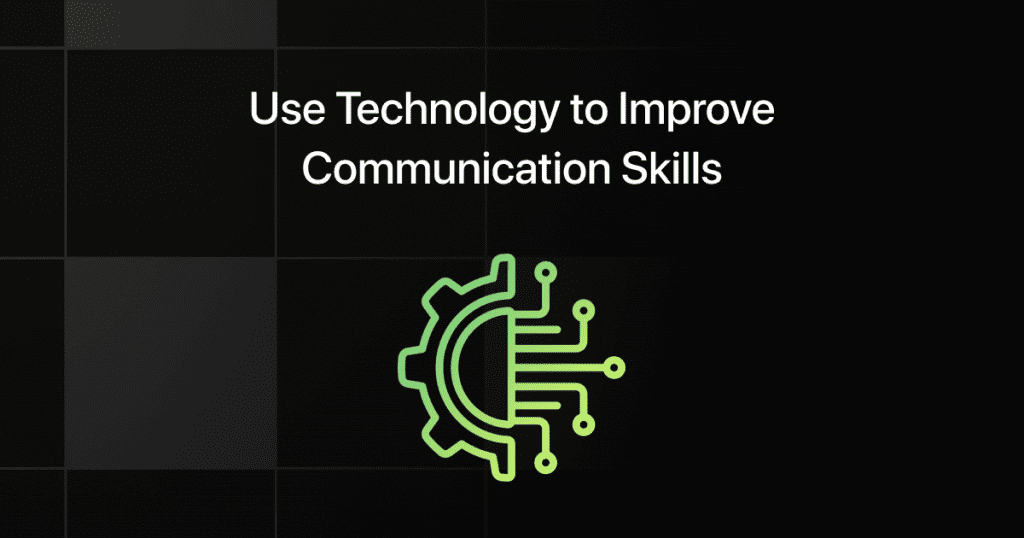


In today’s digital age, technology has become an integral part of our lives, and it can also be an effective tool to improve communication skills for students.
Virtual communication, which is becoming increasingly vital in today’s remote jobs and schools, can be practised with video conferencing tools such as Zoom or Skype. Students can improve their virtual communication skills and learn how to successfully deliver their message in a virtual setting by engaging in online meetings and conversations.
Students can also employ writing tools such as Grammarly or Hemingway to enhance their writing skills by receiving grammatical, spelling, and sentence structure advice. Writing that is concise and easy to understand is vital for effective communication, and these tools can help students improve their writing abilities.
At last, online public speaking classes or platforms such as Udemy or Edx can help students practice and develop confidence in public speaking.
6. Attend Public Speaking Workshops or Courses
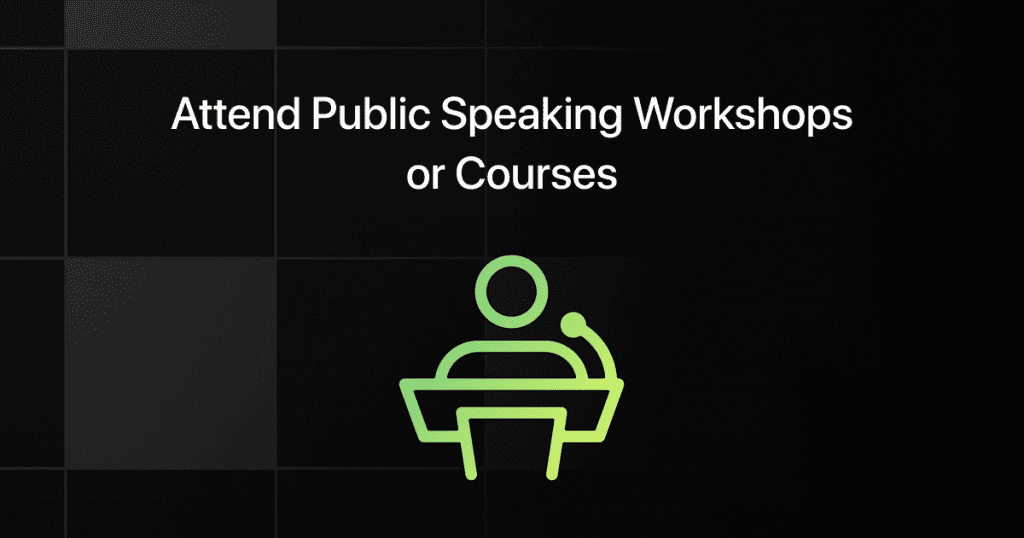


Public speaking involves conveying a message to an audience, which can help students to become more confident and comfortable in communicating their ideas to others.
Public speaking workshops or courses can assist students improve their public speaking abilities. Students can learn skills for managing their voice, keeping eye contact, and successfully communicating through body language.
Students can develop their public speaking skills in a supportive setting by attending public speaking workshops or courses. They can get assistance from the instructor and other participants, which will assist them in recognizing their strengths and shortcomings and focus on areas where they need to improve.
Frequently Asked Questions
1. What are communication skills & Why it is important for students?
Communication skills refer to the ability to convey ideas, thoughts, and information effectively to others. Effective communication skills help students to express themselves clearly, build positive relationships, collaborate with others, and succeed in various fields.
2. How students can improve their communication skills?
There are several ways students can improve their communication skills, such as practicing active listening, participating in group discussions and debates, giving presentations, using technology to improve communication, engaging in public speaking activities, and attending public speaking workshops or courses.
3. How to improve communication skills in college?
To improve communication skills in college, students can participate in extracurricular activities that involve public speaking, debate, or presentation. They can also take courses or workshops that focus on developing communication skills.
4. What are the best ways to improve communication skills?
The best ways to improve communication skills may vary for each individual, but some effective strategies include:
- Practice Active Listening
- Use Visual Aids to Enhance Your Presentations
- Attend Public Speaking Workshops or Courses
- Engage in Group Discussions and Debates
- Use Technology to Improve Communication Skills
- Improve Nonverbal Communication
Apart from that, there are several games, books, and YouTube channels to help you master communication skills.
Final Words
Good communication skills are necessary for success in all aspects of a student’s life, including academics, personal relationships, and career.
Remember that effective communication skills do not happen overnight, and students can keep on developing and master these skills with consistent practice and effort.
If you have any thoughts, suggestions, or questions, please feel free to share them in the comments section below. We would love to hear from you.
Related Posts
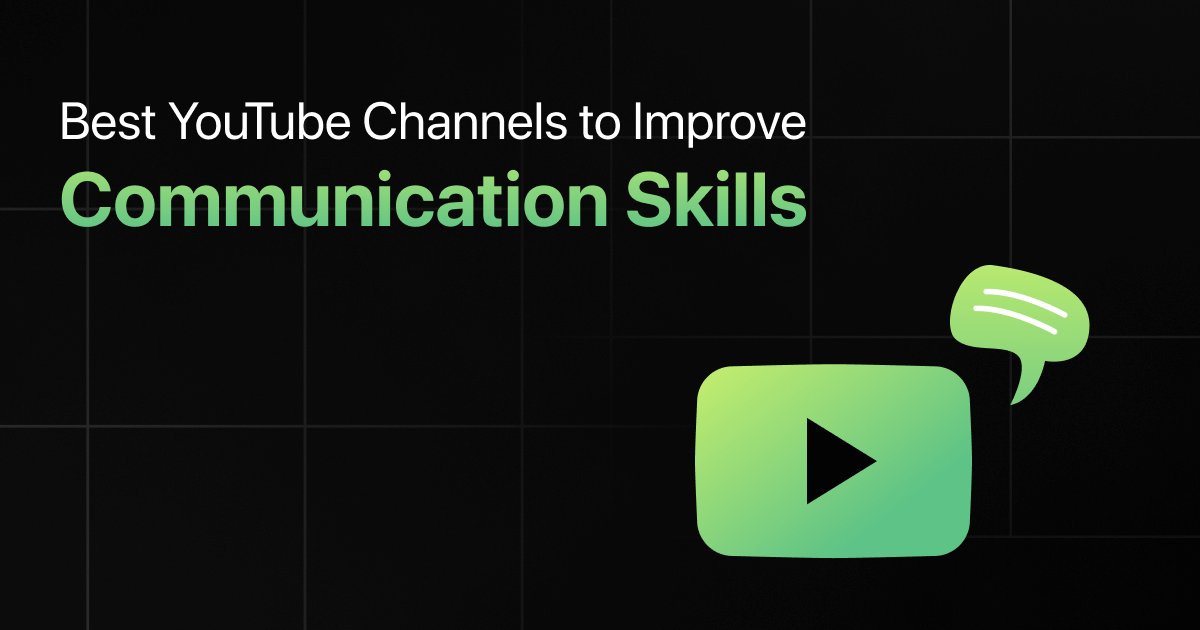

Best YouTube Channels to Improve Communication Skills
Are you struggling to effectively communicate with others? Do you want to improve your public speaking or presentation skills? Look …







